Kona Gems

Written November 2018
Since Kona, it’s been all R and R, and it’s been just amazing and much needed. It’s been an incredible few weeks and crossing that finish line on October 13th felt like standing on the moon. I’m keen to share some thoughts, data and experiences on my #roadtokona, and it’s been nice to have the time to reflect over the past week. What worked, what didn’t and what do I think were some of the critical principles that helped get a result I never thought was possible. This short blog post includes my top three “gems” that I believe had significant contributions. These aren't exclusive to my personal experiences preparing for Kona, but align also to observations I’ve had when working with numerous world and Olympic champions.
1. FOCUS ON THE PROCESS. I don’t believe in the word “sacrifice”. Everything we do is a choice in life, and of course, training is no different. I loved (and still love) every aspect of training. That’s not just the training itself, but also the...
Pre-exercise nutrition: What do we know and how should we use it?
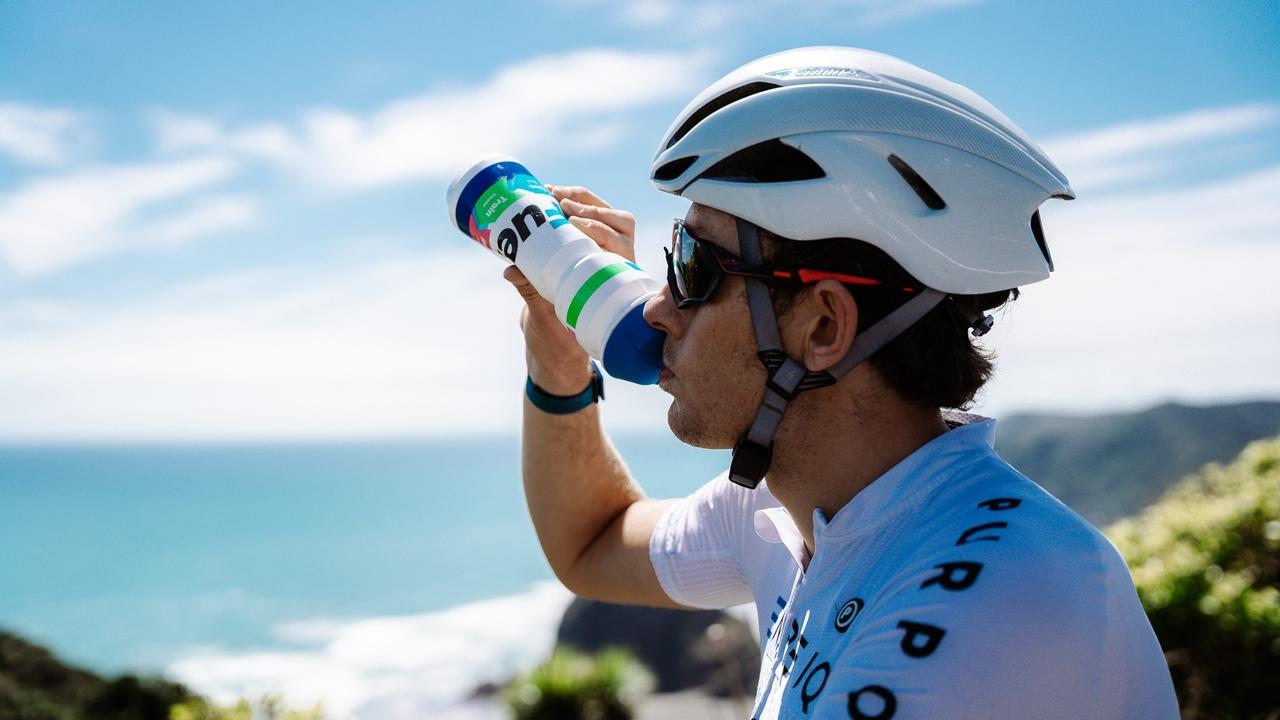
-Dr Dan Plews
All endurance athletes eat, and all endurance athletes train. Whether consciously or not, all endurance athletes therefore have to make decisions about what they eat (or don’t eat) before training. Pre-exercise nutrition has the potential to impact the substrates we utilize to fuel training (i.e. fats and carbohydrates), our performance in training (i.e. the watts or pace we put out), and also our adaptive responses to the training stimulus (1, 2).
Pre-exercise nutrition is therefore a fascinating and highly relevant area of study in sports science. Recently, my PhD student Jeff Rothschild, AUT Professor Andrew Kilding and myself published a large review of the effects of pre-exercise nutrition on a range of metabolic and physiological responses in the open-access journal Nutrients (3). We pooled the results of 125 studies, which included data from 1245 athletes (~13% females) to assess the effects of pre-exercise carbohydrate (CHO) ingestion and pre-exercise muscle gly...
Should I train my gut? Both sides of the coin on preserving endogenous carbohydrates

- Dan Plews and Ed Maunder
As we have mentioned in previous blogs, during ultra-endurance events lasting ~8-15 hours like long-distance triathlon, the preservation of endogenous carbohydrate (CHO) stores is one of the key determinants of success (25). As humans, we possess a finite capacity to store CHO energy as glycogen, typically <3000 kcal, of which ~80% is stored in muscle and ~10-15% in the liver (7). Assuming typical running economy values observed in highly-trained distance runners (1.07 kcal.kg-1.km-1) (6) and a body mass of 68 kg, these endogenous CHO stores would not be sufficient to support even one marathon alone (~3070 kcal), let alone a marathon following a 3.8-km swim and a 180-km bike ride. Accordingly, exercise of sufficient duration and intensity – such as an Ironman – will deplete these endogenous CHO energy stores to very low concentrations, and this glycogen depletion has been linked to the fatigue we feel in the late stages of a race (27–29).
Theref...
Exogenous ketones: Something to add to your recovery drink?
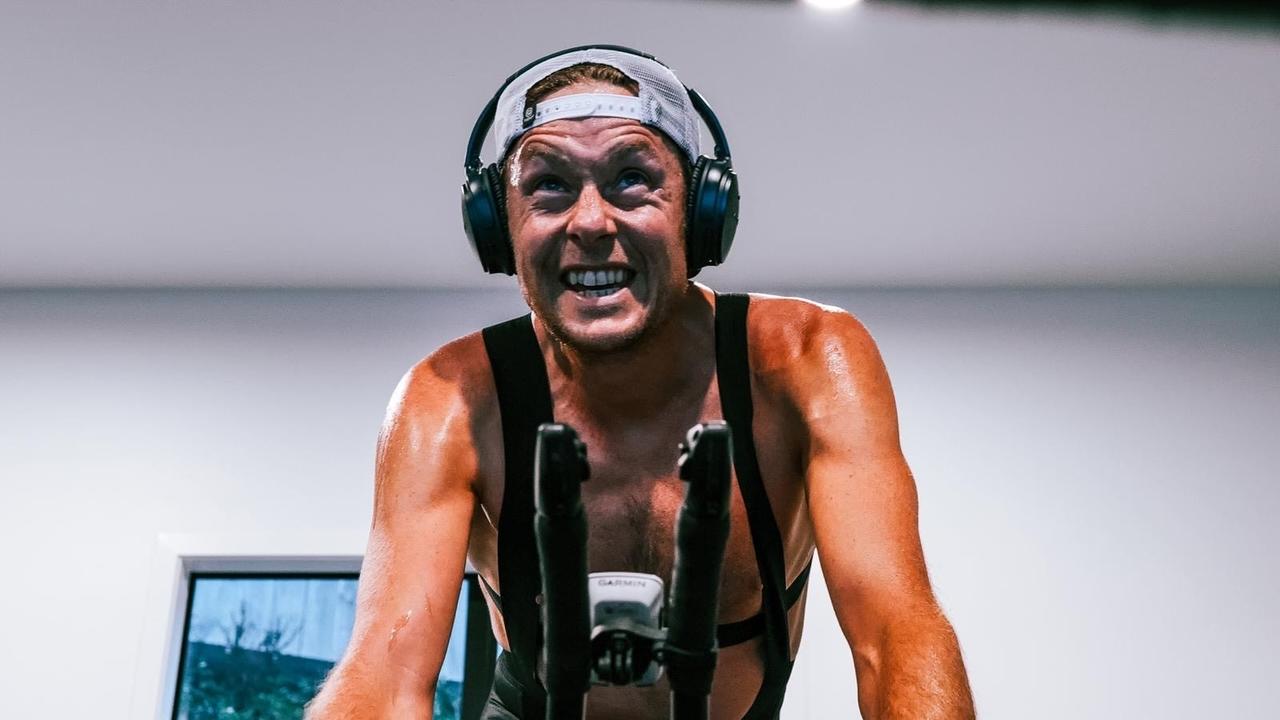
We all love a good "pain face" and we all know how much those high intensity interval sessions hurt! Such big sessions, require big recovery; and recovery optimization is always a key question for athletes, sports scientists and coaches looking for a performance advantage. With media reports circulating that many elite road cycling teams are investing huge sums of money in exogenous ketone supplements for their athletes (7), many of us in endurance sport – including the scientists – are asking if exogenous ketones are the next magic bullet in sports nutrition (4). We blogged about exogenous ketones recently, specifically using some of our own data and a recently published review (8) to survey the evidence for supplementing with exogenous ketones during a long-distance triathlon. In this blog, we are going to focus instead on the possible benefits of exogenous ketone supplementation for recovery.
Background
Before diving into specific original studies assessing the effect of ...
Plyometrics: Free speed for endurance athletes
Most people can generally understand training specificity, run more, and I’ll get better at running. Simple, at least until you can’t go running as much as you’d like - maybe because you have a busy work week, family commitments or there’s a global pandemic. Then you must get more creative. One of the more under-utilized concepts of training specificity is training for the adaptations beneficial to the event, rather than just training the event itself. Essentially, if I want to get better at long-distance triathlon (LDT) performance, what metabolic, structural, and neural adaptations do I need to make me stronger, last longer, and ultimately perform better? While you don’t need to start squatting 400 lbs (in fact please don’t!), plyometric training falls into this specific strength category (i.e. hill running, big gear cycling, core training, posture, etc.), which can be valuable to target adaptations directly beneficial to endurance training. Traditionally, endurance athletes an...
Should we take exogenous ketones during a long-distance triathlon?
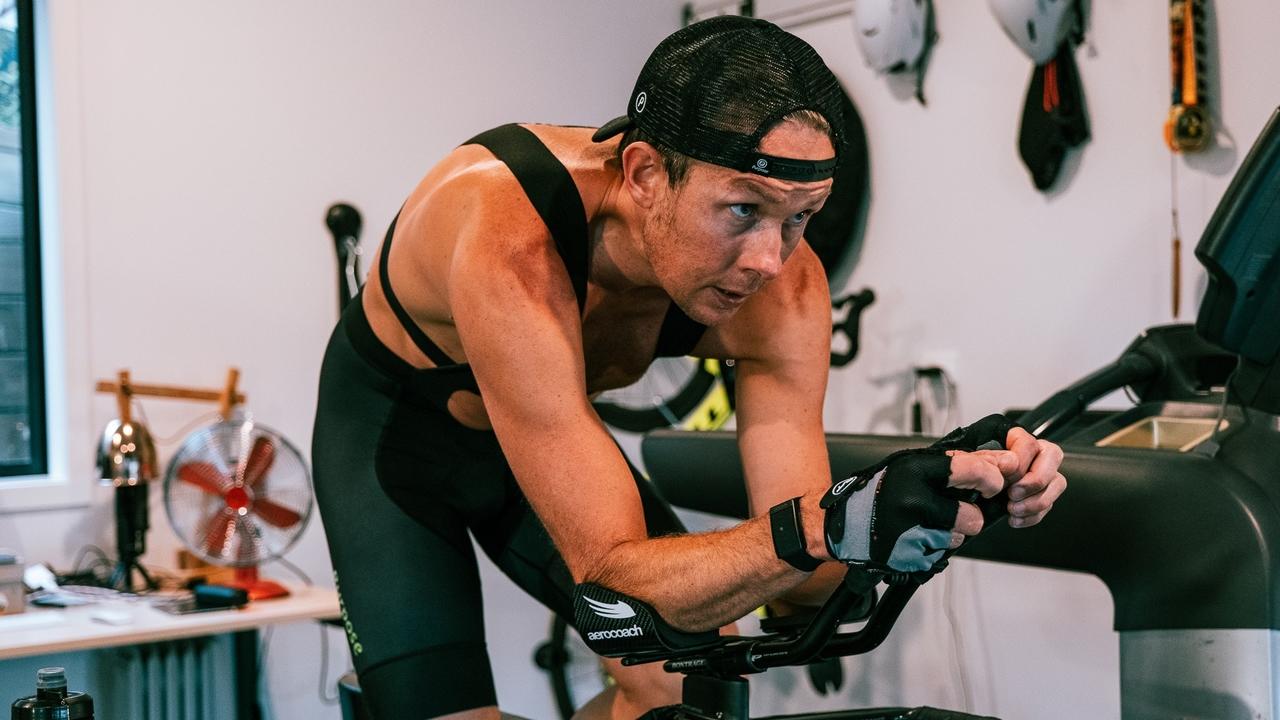
- Dr Dan Plews and Ed Maunder
A review of the review by David M. Shaw et al. Sports Medicine 50(4): 641-656, 2020
In this blog, we are going to summarize a recently published review by former AUT PhD student Dave Shaw on the evidence for and against exogenous ketone ingestion (11), as well as some of our own personal experiences. Dave’s PhD included studies on both the ingestion of exogenous ketones in a sports drink and longer-term adaptation to a very low-carbohydrate, ketogenic diet (10, 12), with one of the main purposes of this review being to highlight the stark differences between these two interventions. In this blog however, we are going to focus on studies of exogenous ketone supplementation for endurance performance. Ed (PhD student & Endure IQ LDT102 guest instructor) was fortunate enough to be part of the team of authors writing the review.
Exogenous ketones
A point here to note is that when we discuss exogenous ketones, we are not referring to ingestion ...
Training Ironman triathletes in the real-world: Case study of a heat stress training camp
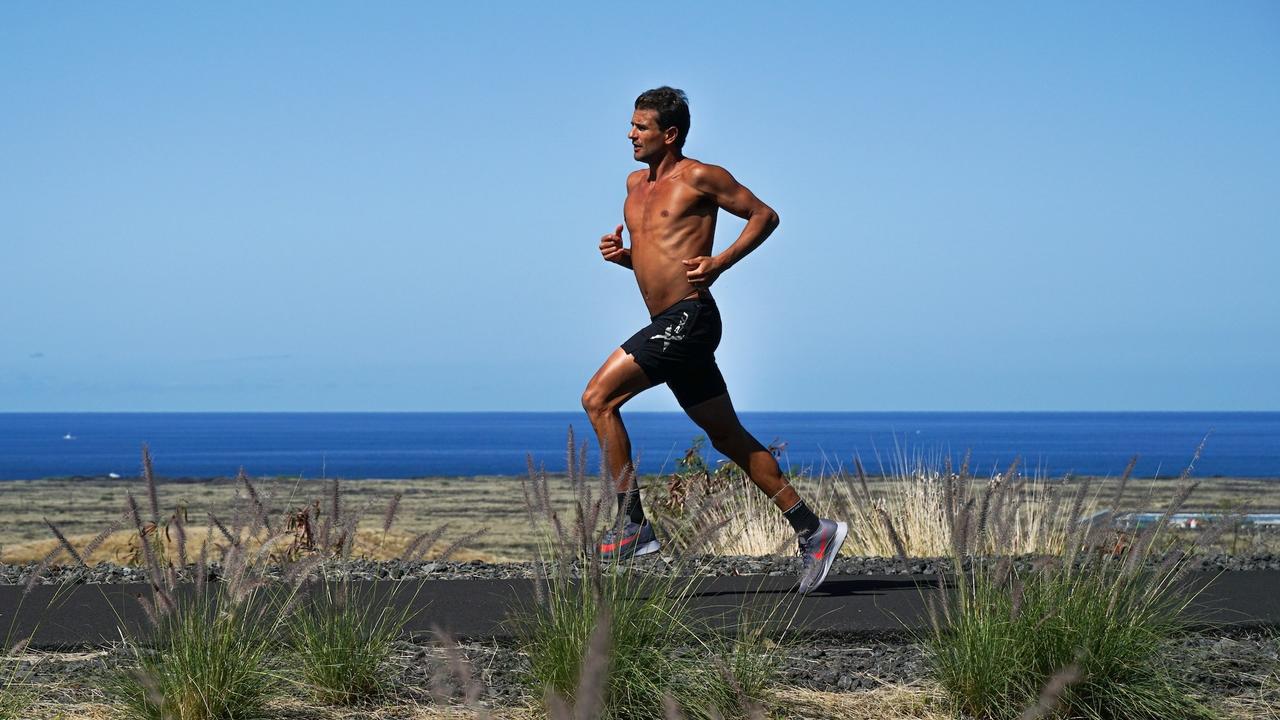
In Endure IQ LDT102: Training Program Fundamentals for Long Distance Triathlon, we explore the best training methods used by long-distance triathletes that facilitate optimal performance, and in LDT103: Heat and Long Distance Triathlon, we focus on something all long-distance triathletes seeking to cross the finish line at the World Championships will encounter, heat. In this blog, we are going to touch the surface of both of these crucial topics by describing a case study that we published this year on a three-week heat stress training camp in Kona, Hawaii undertaken by two elite Ironman triathletes (10). This case study gives strong practical insight into how a very successful three-week block of training can be performed by two elite Ironman triathletes, and the additional considerations that are encountered when temperatures rise.
Heat stress training camps: What are they? Why do endurance athletes do them?
The first things to ask, then, are what exactly is a ‘heat stress ...
“Big” Vegan, and Finding the Real “Game Changer” for Your Endurance Performance
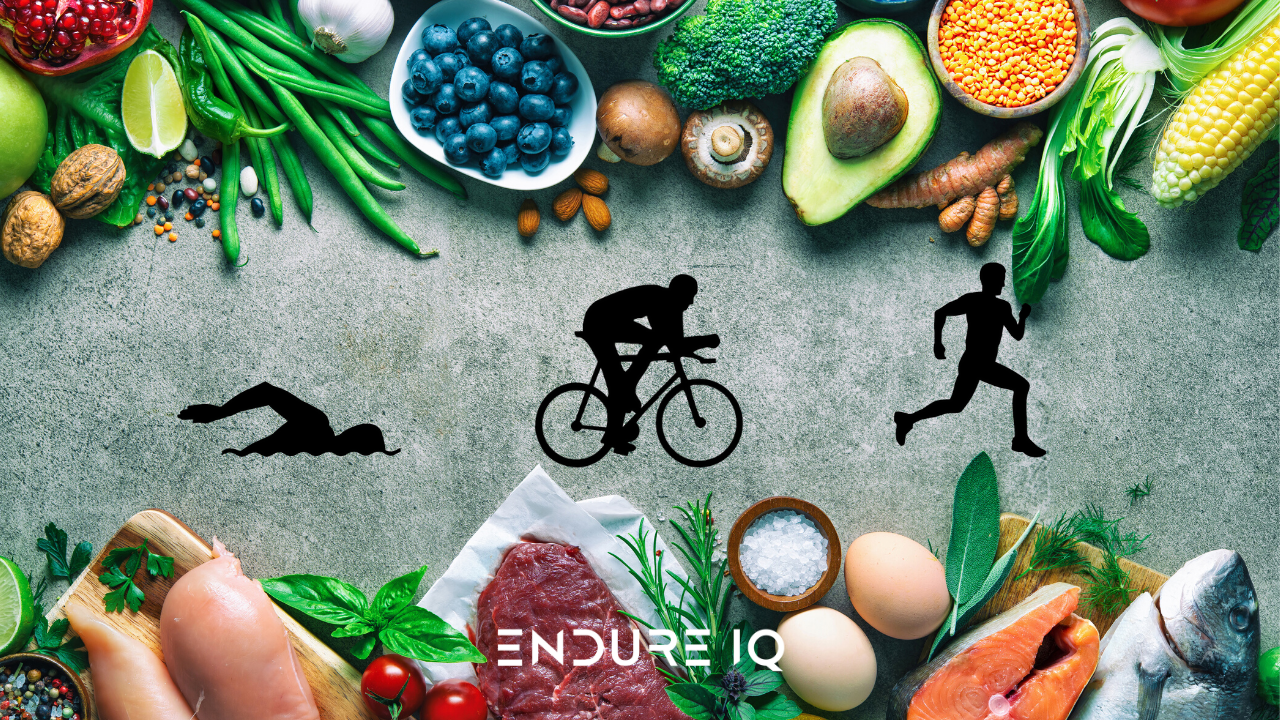
- Professor Grant Schofield and Dr Daniel Plews
We’ve watched the battleground in diet shift recently from debates around saturated fat, and eating more healthy whole grains, to a largely vegan agenda. The ideology of the Garden of Eden diet, is close to the vegan ideals driven primarily through the Seventh Day Adventist Church, and touted as a recruitment strategy (or “health ministry”). Recently, it's gone to greater levels. The Netflix doco “Game Changers” has seen widespread discussion around this topic, and we’ve been fielding a lot of questions around this of late. This blog is our attempt to sum up our thoughts.
We’ve listed the pros, neutrals, and cons of adopting such a diet for general health and when in the context of sports performance. There are many ways that you can approach this topic, from health, sustainability, moral and personal perspectives to a sports performance perspective. We'll be tackling a few different perspectives that we consider important to consi...
Jan Van Berkel: The Ketocop on the Low Carb Healthy Fat Diet

Fresh off the plane from Zurich, I’m still on a high after seeing my good friend and athlete Jan van Berkel finished on top of the podium at the last ever Zurich-hosted Ironman Switzerland last weekend in a blistering time of 8:17:04. Jan likes to call himself The Ketocop, so the title of this blog is very appropriate.
Jan led the field out of the water with a 51:38 swim, led the field off the bike after a 4:35:14, and romped home to a 6-min victory over countryman Sven Riederer after a 2:46:41 marathon. Jan’s victory seems like an appropriate time to talk you through the journey we have been on through his Ironman career to date.
Jan approached me in 2016 as a very talented triathlete with quality results in Olympic distance triathlon but he was struggling to transition to Ironman. He had, as many do, been consistently blowing up in the last 10-15 km of the marathon, full of gels but out of gas. Given his pedigree at the Olympic distance, I certainly could see the potential in...
How do I fuel my races with low carb healthy fat? - Fat Oxidation and Race Fuelling (Part 1)

While down at the event, Prof Grant Schofield and I were invited to present on the low carbohydrate healthy fat (LCHF) performance for Ironman.
The link to the presentation can be found in this closed Facebook group here (anyone can join), and we think it was quite well received with 50+ people attending.
However, as always around racing, one of the main questions we always receive is “how do I fuel my races with LCHF?”. Luckily, along with two of my endurance physiology colleagues at AUT, we discussed this very topic in a paper that used theoretical energy fuel requirements of Ironman triathletes at different performance levels (~8 h, ~9 h, and ~13 h).
This paper was published in the Journal of Sports Medicine, and I’ve tried to summarise below. The science is quite heavy so I will split this blog into two parts...
